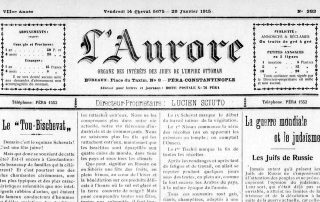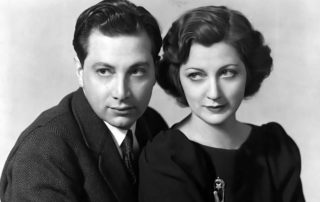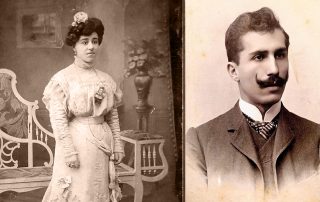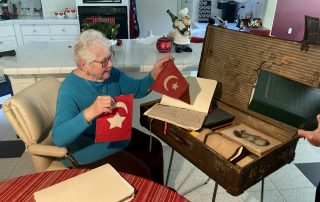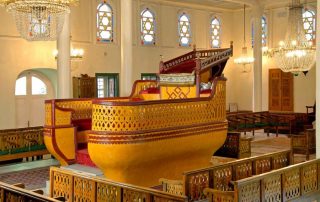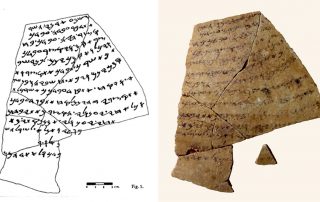A Jewish, feminist, Ottoman gynecologist: A portrait of a physician from 19th-century Ottoman Istanbul
Graduate fellow Büsra Demirkol tells the story of the Romanian Jewish doctor who chose to live in Ottoman Istanbul and became a prominent member of its Jewish medical community — and an outspoken feminist.

